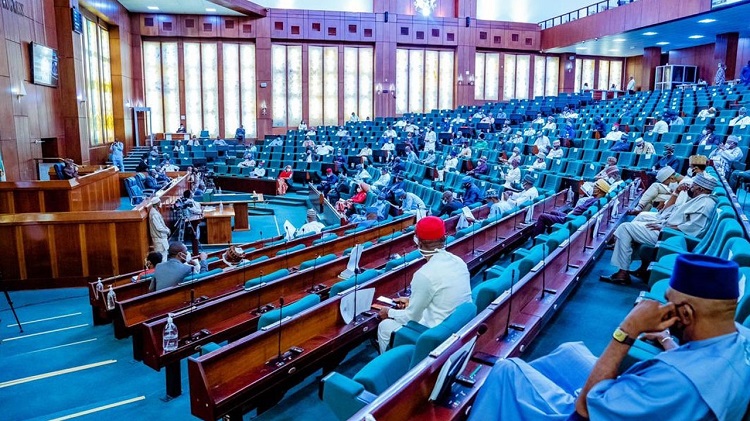News
Nigeria Needs $8 Billion Yearly To Fight HIV/AIDS – Chairman Reps Committee
Amobi Ogah announced Nigeria needs $8 billion annually to combat HIV/AIDS effectively at the 2024 Nigeria HIV prevention conference.

Amobi Ogah announced Nigeria needs $8 billion annually to combat HIV/AIDS effectively at the 2024 Nigeria HIV prevention conference.
The conference emphasized increasing domestic funding, enhancing prevention strategies, and combating stigma to achieve an AIDS-free generation by 2030.
During the opening of the 2024 Nigeria HIV prevention conference in Abuja, Amobi Ogah, Chairman of the House Committee on HIV/AIDS, Tuberculosis, and Malaria Control, announced that Nigeria needs about $8 billion each year to continue its fight against HIV/AIDS effectively.
VerseNews reports that the conference, themed ‘Accelerating HIV prevention to end AIDS through innovations and community engagement,’ is the first of its kind in Nigeria and seeks to enhance innovative HIV prevention methods to control the epidemic, promote human rights-based approaches, and encourage increased local funding for sustainability.
The conference highlighted the urgent need for increased domestic funding to address the HIV/AIDS epidemic in Nigeria, where approximately 1.8 million people are living with HIV. Of these, about 1.63 million are receiving lifesaving Antiretroviral Therapy.
Despite these efforts, Nigeria faces significant challenges, such as the high rate of children born with HIV and less than 50% national coverage for the prevention of mother-to-child transmission (PMTCT), resulting in around 22,000 new cases annually.
“For NACA to achieve her mandate, we must all ensure the increase of domestic funding, strengthening HIV interventions, mobilising community members for gender equality, social norms and gender equality in the optic of HIV prevention, treatment, and care service, particularly the PMTCT of HIV, support people living with and affected by HIV, the campaign against the stigmatisation and discrimination of persons living with HIV/AIDS, and ensure leadership action for these and key population communities among other interventions.
“NACA will also need to scale up its treatment centres, which is about 100. I think we should increase it to at least 300 by the end of 2024. To stem the tide and sustain the fight to end HIV through AIDS as a public health threat, funding is critical. An estimated $8 billion is needed annually to sustain the fight against HIV AIDS,” he noted.
Ogah emphasized the critical need for rethinking and enhancing HIV prevention strategies, particularly in PMTCT. He proposed that the number of treatment centers should be increased from 100 to 300 by the end of 2024 to better manage and reduce the spread of HIV.
He also stressed the importance of combating stigma and discrimination against people living with HIV/AIDS and ensuring robust community involvement and leadership in the fight against the disease.
Dr. Temitope Ilori, the Director-General of the National Agency for the Control of AIDS (NACA), and Dr. Leo Zekeng, the UNAIDS Country Director, also spoke at the event, underscoring the importance of community engagement and political commitment in preventing HIV and achieving an AIDS-free generation by 2030.
“We must redouble our efforts to prevent MTCT and strive for an AIDS-free generation by 2030, leveraging the advancements in health technology at our disposal.
“Prevention lies at the core of our public health interventions. Therefore, this conference serves as a platform to explore innovative approaches to empower communities, particularly those at higher risk, with the knowledge and tools to protect themselves from HIV infection.
“Stigma and discrimination remain significant barriers to achieving our goals by 2030. We must educate and sensitise people about the harmful effects of stigma and discrimination against individuals living with HIV/AIDS.
“Our strategies must be inclusive, person-centred, and sensitive to the needs of adolescents, young people, key populations, and people living with HIV/AIDS. We must also focus on community-based interventions while promoting local ownership and sustainability of our response efforts,” she said.
They highlighted that while significant progress has been made, the journey towards eliminating HIV as a public health threat is far from over and requires concerted effort and innovative prevention strategies.
























You must be logged in to post a comment Login